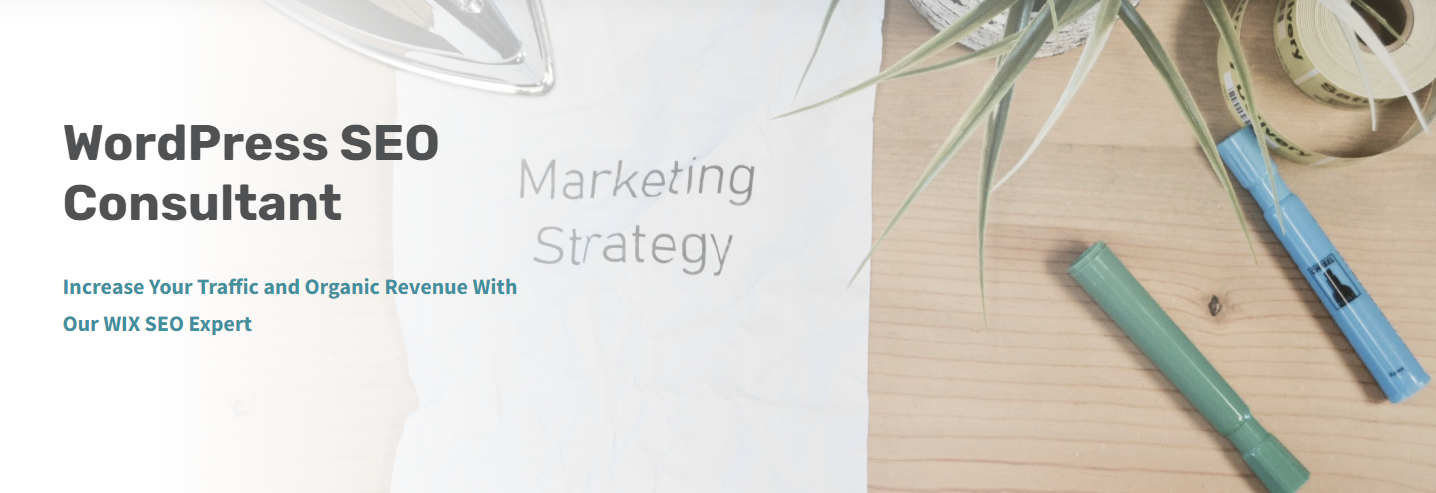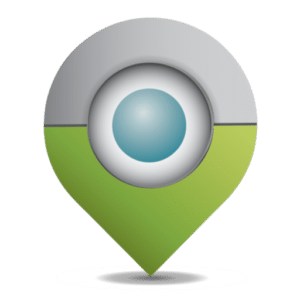Meta titles and descriptions are important elements of WordPress SEO that can significantly impact your website’s visibility and click-through rates. They briefly summarize your website’s content and are displayed in search engine results pages (SERPs).
In this blog post, we’ll explore how to create compelling meta titles and descriptions for your WordPress website that can attract more traffic and improve your search engine rankings.
Firstly, it’s essential to understand the role of meta titles and descriptions in SEO. Meta titles and descriptions provide search engines with a brief summary of your website’s content and help users understand what your website is about.
Therefore, creating meta titles and descriptions that accurately reflect your website’s content and appeal to your target audience is crucial.

How to write compelling meta titles and descriptions for WordPress SEO?
Meta titles and descriptions are essential components of WordPress SEO. These elements provide an opportunity to give potential visitors a compelling reason to click on your website from search engine result pages (SERPs).
When writing these, it’s important to include keywords related to the query and a call to action. Optimize them for mobile devices by keeping the length under 70 characters for meta titles and 160 characters for meta descriptions.
Furthermore, don’t forget to include words that draw attention such as ‘free’, ‘exclusive’ and ‘new’. Finally, you may also want to include schema-structured data markup to highlight key elements of your page, such as ratings or reviews. By following these tips and writing compelling meta titles and descriptions, you can drive more traffic to your site from SERPs.

Best practices for crafting meta tags on WordPress sites
Crafting meta tags is an effective way to make your WordPress site more visible and SEO-friendly. First, ensure that you write unique titles and descriptions for every website page containing target keywords relevant to the query. Keep the length of meta titles under 70 characters, and meta descriptions under 160 characters – this will optimize them for mobile devices.
You can also include HTML structured data markup for elements such as reviews or ratings to draw attention from search engine crawlers. Finally, don’t forget to use action words (e.g., ‘free’, ‘exclusive’) to compel potential visitors to click through from SERPs. Following these best practices when crafting meta tags, your WordPress SEO services and plugin in site can rank higher on search engines and drive more traffic.

Maximizing your WordPress SEO with optimized meta tags
Meta tags are HTML elements that provide information about a web page to search engines and website visitors. Optimizing meta tags can improve your WordPress SEO and increase your website’s visibility in search results. Here are some tips for maximizing your WordPress SEO ( search engine optimization)with optimized meta tags:
Title Tags: Title tags are one of the most important meta tags for SEO. They should be optimized with relevant keywords that accurately describe the content of the page. The title tag should also be compelling and encourage users to click through to your website.
Description Tags: Description tags briefly summarize what the page is about. They should be unique for each page and include relevant keywords that accurately describe the content. The description tag should also be compelling and encourage users to click through to your website.
Header Tags: Header tags (H1, H2, H3, etc.) are used to structure content on a page. They help search engines understand the hierarchy of the content and the main topics covered on the page. Use header tags to break up content into sections and include relevant keywords.
Image Alt Tags: Alt tags are used to describe images on a web page. They provide information to search engines about the image’s content and improve accessibility for visually impaired users. Use relevant keywords in alt tags to improve your WordPress SEO plugins.

How to create compelling titles and descriptions that drive traffic to your WordPress site?
Want to drive more traffic to your WordPress SEO site? Crafting compelling titles and descriptions is an important step in the process.
Start by writing unique titles and meta descriptions that include target keywords related to the query. Also, don’t forget to keep them under 70 characters for meta titles and 160 characters for meta descriptions – this will optimize them for mobile devices. You may also want to use action words such as ‘free’ or ‘exclusive’ and HTML-structured data markup like ratings or reviews to draw attention from search engine crawlers with Google Search Console.
Additionally, make sure that your titles and descriptions accurately match the content of your website to boost Yoast SEO plugin visibility and give potential visitors a clear insight into what they can expect. Following these tips and creating compelling titles and descriptions can attract more visitors to your WordPress site post or page and other search engines!

The art of writing meta tags for WordPress sites
Writing meta tags for WordPress plugins sites is a great way to increase local SEO visibility and help drive more traffic to your website. Start by ensuring each page contains unique titles and descriptions that include target keywords relevant to the query. Keep them succinct – aim for meta titles under 70 characters and meta descriptions below 160 characters to optimize them for mobile search results.
You may also include HTML Structured Data Markup (SDM) elements like reviews or ratings to draw attention from search engine crawlers. Finally, don’t forget to use compelling action words like ‘free’ or ‘exclusive’ to encourage potential visitors to click through from SERPs. By following these best practices when creating meta tags, your WordPress SEO services guide for site can rank higher on search engines and attract more visitors!

Crafting the perfect meta tags for WordPress SEO
Meta tags are an essential element of on-page optimization and are crucial in WordPress SEO Specialist services. Crafting the perfect meta tags involves writing a compelling title tag and meta description that accurately represents the content on the page and entices users to click through to your website.
The title tag should be concise, typically 60 characters, and include your primary keyword phrase. Including your brand name in the title tag is also a good practice.
The meta description should be up to 155 characters and provide a brief summary of the page’s content while including relevant keywords. Using action-oriented language and highlighting unique selling points can help make your meta description more compelling and increase click-through rates.
It’s also important to ensure that each page on your website has a unique title tag and meta description that accurately reflects the content on that page. Avoid duplicating meta tags across multiple pages, negatively impacting your WordPress SEO tips. Crafting unique and optimized meta tags can improve your website’s visibility and attract more organic traffic.

Boosting WordPress site traffic with effective meta titles and descriptions
Crafting effective meta titles and descriptions is a great way to boost traffic to your WordPress site. Begin by ensuring each page has unique titles and meta descriptions, including targeted keywords relevant to the query. Try to keep them concise without XML sitemap– aim for meta titles under 70 characters and meta descriptions below 160 characters to optimize them for mobile search results.
You may also want to use action words such as ‘free’ or ‘exclusive’ and HTML structured data markup like reviews or ratings to draw attention from search engine crawlers. Finally, make sure that the titles and descriptions accurately reflect the content of your website Yoast seo settings – this will help optimize SEO visibility while also giving potential visitors a clear understanding of what they can expect when they click through from SERPs on your web pages. By taking these steps when creating effective meta tags, you can drive more traffic to your WordPress site!

The importance of meta tags for WordPress SEO
Meta tags play an essential role in WordPress SEO as they provide information to search engines about the content of a webpage. They are snippets of HTML code that describe the content of a webpage and appear in search engine results pages (SERPs) as the title and description of a webpage.
Meta tags help search engines understand what a webpage is about, which can influence its ranking in search results. They also provide users with a preview of what they can expect to see on the webpage, which can help attract more clicks and traffic.
Optimizing meta tags for WordPress SEO by including relevant keywords and accurately describing the webpage’s content is important. This can improve the visibility of a webpage in search results and attract more organic traffic and page speed.

Strategies for optimizing meta titles and descriptions on WordPress sites
Optimizing meta titles and descriptions on WordPress SEO sites is essential for improving search engine ranking and click-through rates. Here are some strategies to consider:
- Include your primary keyword: Make sure your meta title and description include your primary keyword. This will help search engines understand your content and improve its relevance to relevant searches.
- Keep it concise: Both your meta title and description should be concise and to the point. Meta titles should be around 60 characters, while descriptions should be around 155. This will ensure they display properly in search engine results and entice users to click through to your website.
- Write compelling copy: Your meta title and description should be written to entice users to click through to your website. Write compelling copy that accurately reflects the page’s content and encourages users to take action.
- Use numbers and symbols: Using them in your meta titles and descriptions can help make them stand out in search results and catch users’ attention.
- Avoid duplicate content: Each page on your website should have a unique meta title and description. Duplicate content can confuse search engines and harm your SEO efforts.
- Preview your meta tags: Preview your meta title and description using a tool like Yoast SEO to ensure they look good and are optimized for search engines.





